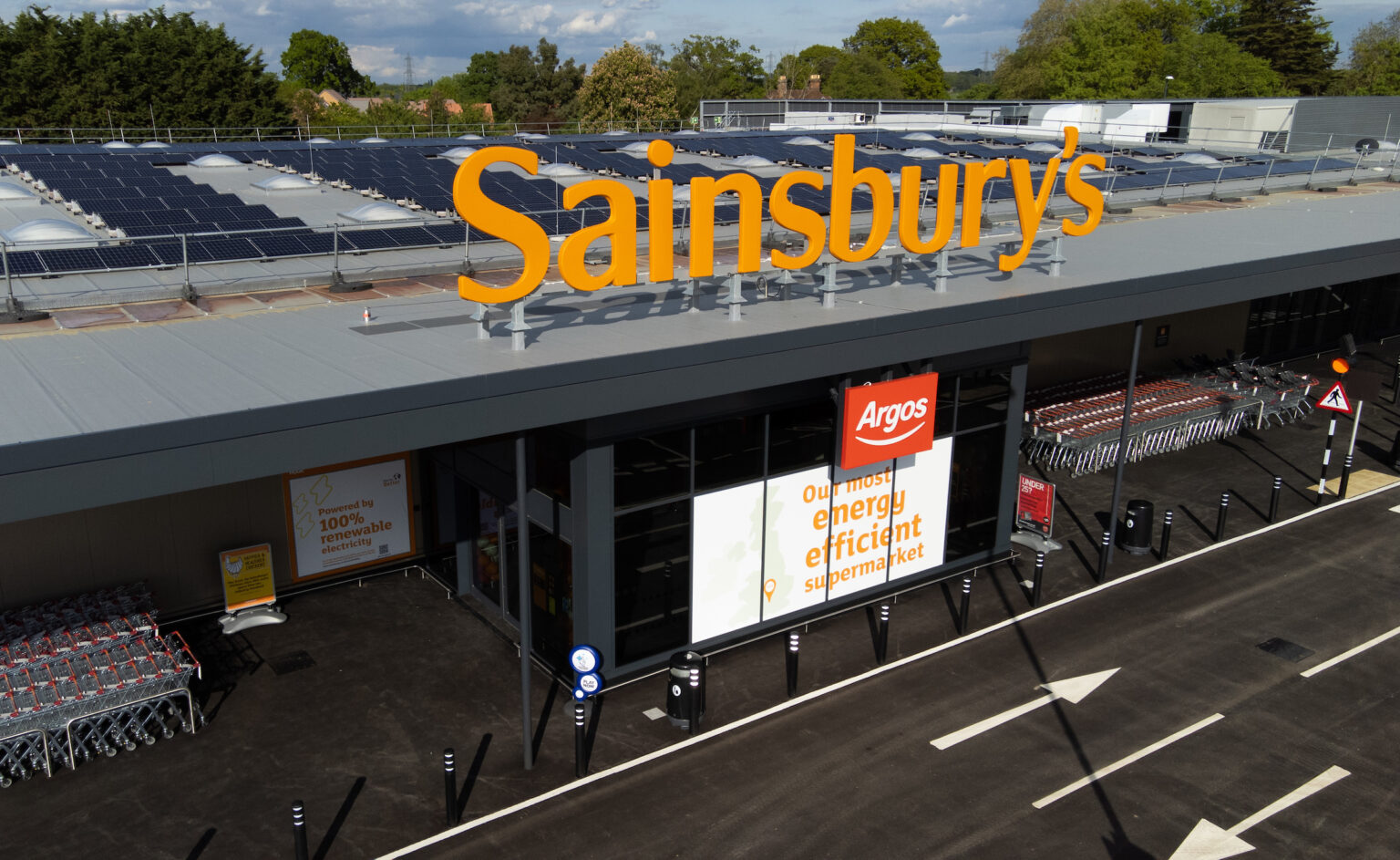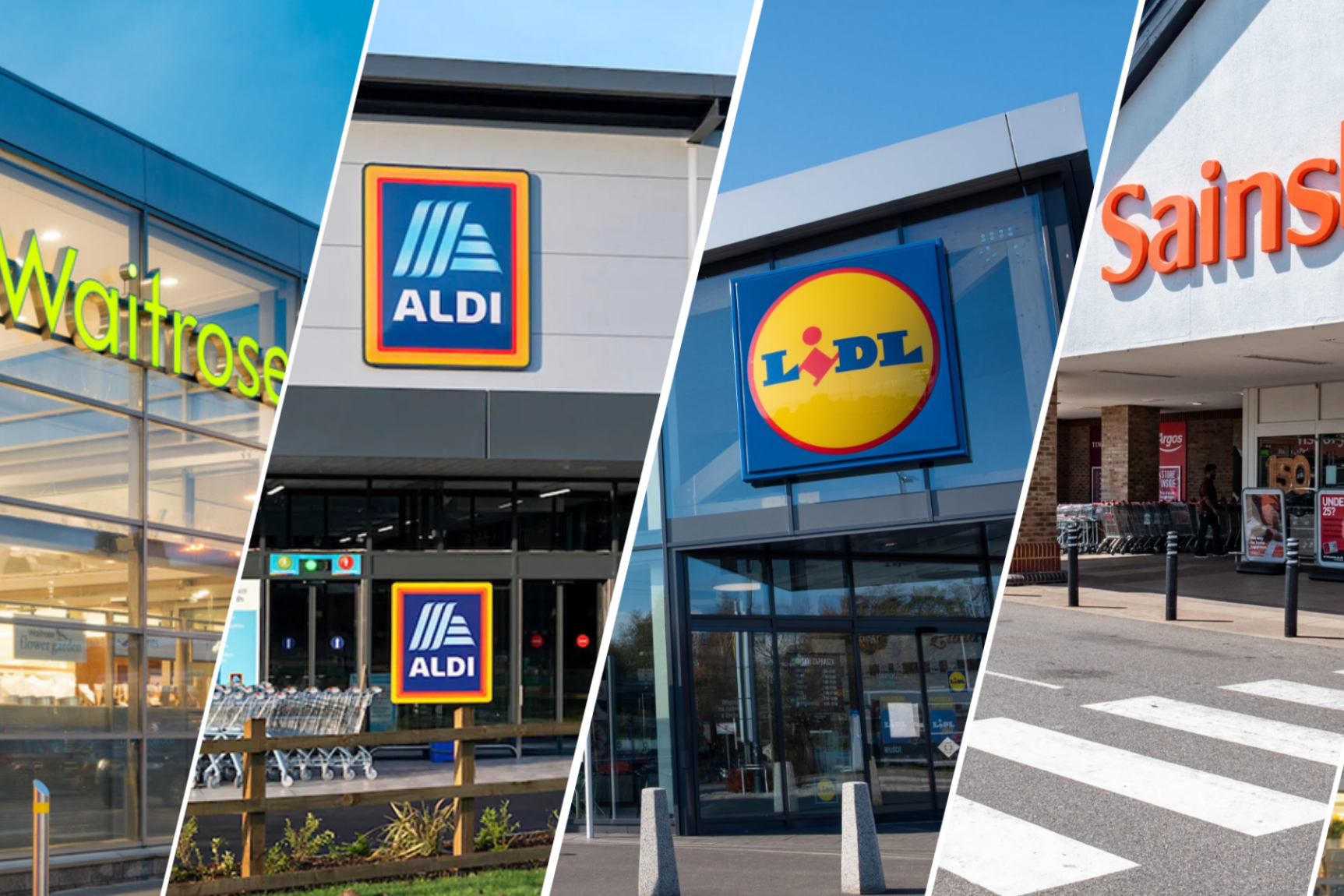The delivery market continues to grow apace driven by ecommerce. Analysts predict that by 2018 online deliveries will hit 1.35bn a year, 29% more than the 1bn deliveries that took place in 2013. The growth of the e-commerce market is giving online retailers a clear opportunity to expand their customer base across the world. However, in order to cater for this larger prospective audience, retailers need to offer greater delivery flexibility.
The importance of a seamless delivery system should not be underestimated. Indeed our research shows that experiencing delays or delivery problems just twice or more would convince 87% of people to switch to another supplier. If deliveries are mishandled, new found customers can find an alternative supplier at the click of a button. And so it follows that if customers can be impressed with the standard of a delivery service during a peak rush then the chances of repeat custom are much improved.
Delivery problems are often exacerbated when it comes to distribution across borders. Indeed, 61% of consumers surveyed expressed reluctance to buy from overseas online shopping websites. Clearly, more mistakes are expected when it comes to international deliveries. So, what are the key criteria for an effective delivery and returns system and how can these be adapted when expanding internationally?
Establishing which markets suit which products and how to go about establishing a footprint in a new territory is a complex challenge. Indeed consumers in different territories can have vastly different expectations. This is where existing knowledge on how to go about international expansion can make international growth smoother and more successful. For example, unlike in the UK where pick-up points are only just becoming widespread, in France pick-up points and locker boxes are a fast-growing solution representing 20% of ecommerce deliveries. Meanwhile, in Scandinavia pick-up points are the standard form of delivery thanks to the widely dispersed population.
Reliable ‘back office‘ processes, such as confirmation emails upon purchase of item, also need to be implemented as part of the overall delivery superstructure in order to satisfy international consumers. In the German market, nearly half of online shoppers regard comprehensive confirmation e-mails as the most important aspect of the delivery process, followed by punctuality of delivery.
Factors relating to regulatory compliance are also of key importance for retailers looking to expand internationally. The European Union allows for the free movement of goods so most shipments can be dispatched to other member states of the EU without special customs documentation. However, there are exceptions such as exports to special EU territories (the Channel Islands, for example). When it comes to exporting goods outside of the EU, businesses need to ensure that they use the correct customs documentation as VAT, import taxes and duties vary from country to country. Seeking expert advice from a delivery partner can help to ensure the process for the retailer and customer runs as smoothly as possible.
When developing a seamless delivery system in line with international expansion, there are clearly a number of factors to take into consideration. The lesson for retailers is to have a good understanding of the markets and demographics they are looking to target. Engaging an expert partner can be valuable here.
John Waldock, Head of Logistics, Ann Summers comments: “After teaming up with our international delivery solutions provider, we have noticed a number of key improvements to our overall delivery platform, for example returns have dropped from 10% to an average of 6% and customer parcel issues are less than 0.5%. These advancements have helped to line a long term strategic plan to enhance our delivery infrastructure. The relationship with our partner has now developed inter




























